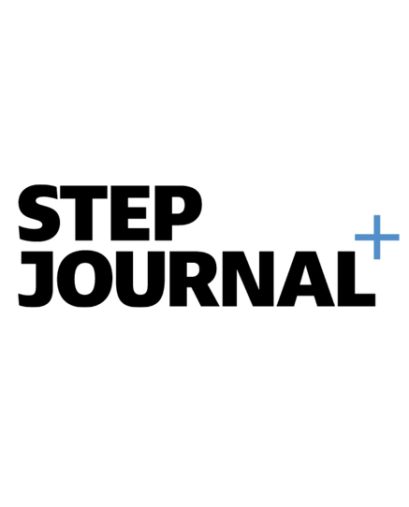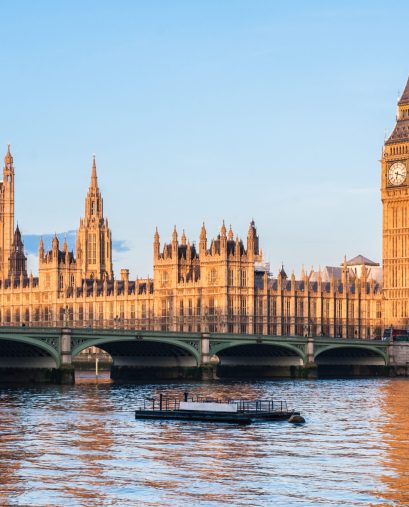Modern Slavery Act 2015
by Julie Bann and Adrian Hoggarth
How will you be affected by the Modern Slavery Act 2015?
This new law requires firms carrying on business in the UK to publish an annual statement explaining what steps they are taking to prohibit forced or slave labour in their business and supply chain. The consequence of this law is that companies are in effect required to take responsibility for the actions of their subcontractors and suppliers.
What is Modern Slavery?
Modern slavery is the violation of an individual’s human rights. In the workplace this might mean:
• Forcing someone to work either through mental or physical threat; or
• An individual being controlled or ‘owned and sold’ by a master usually through mental or physical abuse; or
• Restrictions on freedom of movement.
The concept also extends to debt bondage, forced or servile marriage and human trafficking.
Why is this law necessary?
Modern slavery is more prevalent than you might initially think. The 2014 Global Slavery Index estimates there are 35.8 million people living in some form of modern slavery globally. According to the International Labour Organisation, illegal profits from forced labour amounted to more than $150 billion per annum. [1] In the UK alone, 1,746 cases of slavery were reported in 2013, 47% more than in 2012.
Who does it apply to?
It applies to businesses which:
• are based inside or outside the UK and carrying on business within it; and
• have a turnover of more than £36 million.
Government guidance suggests that a common sense approach should be taken in determining whether a business has a ‘demonstrable presence in the UK’.
How to comply?
Section 54 of the Act requires companies to which the Act applies to publish an annual statement on their website that specifies what steps have been taken to combat modern slavery over the past financial year in all parts of their business and in all parts of their supply chain.
While the Act is not prescriptive about what should be included in the statement, the guidance suggests the inclusion of the following:
• the organisation’s structure, business and its supply chains;
• its policies in relation to slavery and human trafficking;
• its due diligence processes in relation to slavery and human trafficking in its business and supply chains;
• the parts of its business and supply chains where there is a risk of slavery and human trafficking taking place, and the steps it has taken to assess and manage that risk;
• its effectiveness in ensuring that slavery and human trafficking is not taking place in its business or supply chains, measured against such performance indicators as it considers appropriate;
• the training about slavery and human trafficking available to its staff.
How is it enforced?
The Secretary of State can apply to the Court for an order requiring a company to comply. In reality, adverse publicity generated by a failure to comply with the Act is likely to be a bigger stick.
When to publish a statement?
All companies to which the Act applies must comply with the reporting requirements annually from the end of their first financial year ending on or after 31 March 2016. Statements should be published within six months of the end of the financial year.
Action Points
• If you meet or may meet the financial thresholds set, you should build a risk profile of areas of your business and your supply chain which are likely to be more at risk of modern slavery and human trafficking issues.
• Draft and maintain a company policy on modern slavery and update any other policies that could be impacted by the Act.
• Appoint a compliance officer responsible for monitoring and enforcing your modern slavery policy and drafting each annual statement.
• Source training for employees in high risk areas to enable them to identify risk areas and create measures that should be adopted in such cases.
• Develop processes for investigating your business and supply chains to ascertain the level of risk and consider what steps could be taken to combat the risk.
• Review your contracts with suppliers and seek to introduce terms to ensure your suppliers understand what is expected of them.
• Create a set of performance indicators to measure the effect of your anti-slavery actions.
We are experienced in advising on and drafting policies, annual statements and contractual terms to address these action points.
[1] ILO REPORT: Profits and Poverty : the economics of forced Labour’ May 2014
If you have any questions, please contact Adrian
Adrian Hoggarth Partner - Employment +44 (0) 20 7846 2370 adrian.hoggarth@jurit.comor a member of our Employment Team.
Please note this paper is intended to provide general information and knowledge about legal developments and topics which may be of interest to readers. It is not a comprehensive analysis of law nor does it provide specific legal advice. Advice on the specific circumstances of a matter should be sought.











